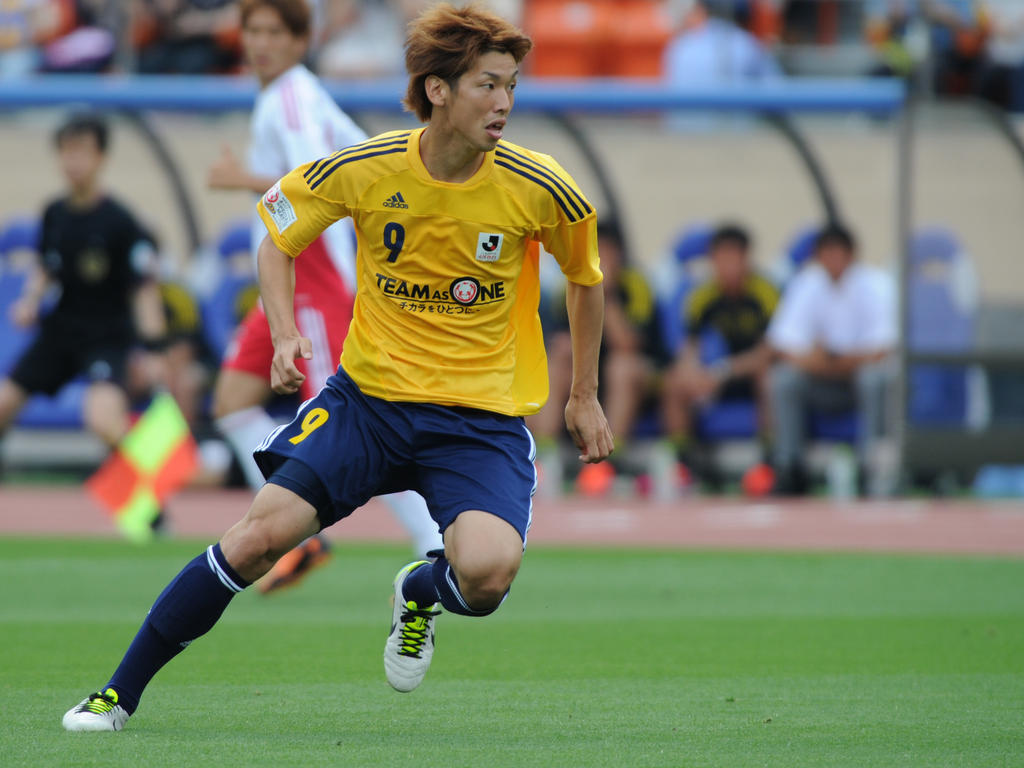Football: 'Japanese Only' banner scandal hits J-League

Japan's professional football league said Monday it was investigating after an apparently racist banner reading "Japanese only" appeared at a weekend match.
The large banner, written in English, was hoisted near a gate to the stands of a stadium in the city of Saitama near Tokyo, where home club Urawa Red Diamonds were taking on rivals Sagan Tosu.
Social media was abuzz with speculation that the sign could have been targeting South Korean-born striker Tadanari Lee, who was released by English club Southampton for a transfer to Urawa before the J-League season kicked off this month. Lee also holds Japanese citizenship.
Urawa said Sunday it was questioning an unspecified number of people who had displayed the banner, which also featured a Japanese flag, saying their "words and deeds evoked discrimination".
"Staff from a security guard company in the stands has reported that discriminatory remarks were heard during the match," the statement said, without elaborating.
Urawa is managed by Austrian Mihailo Petrovic and has Brazilian Marcio Richardes as one of its midfielders.
Sagan's manager and coach are both South Korean, as are several players.
Urawa defender Tomoaki Makino tweeted after his team's 1-0 loss on Saturday that "this is not the way to treat players who fight for this team with pride".
"Players and supporters cannot unite as one and produce results this way," he wrote.
Urawa, the 2007 Asian champions which draws passionate backing from its large fan base, said the results of its probe would be released to the public.
"Discriminatory remarks and actions cannot be condoned," it said.
J-League chairman Mitsuru Murai told Japanese media on Sunday that "we will deal with it in a stern manner" if the message was proven "discriminatory."
The Japan Football Association had no immediate comment.
The incident comes as regional concern grows over an apparent right-ward shift in Japanese politics since hawkish Prime Minister Shinzo Abe swept to power in late 2012.
Tokyo is embroiled in diplomatic disputes with neighbours China and South Korea, with some of the animosity driven by Japan's imperial aggression in the early 20th century.
Japan is an overwhelmingly homogeneous society where foreigners sometimes feel excluded, a problem exacerbated by language and other cultural barriers.
The country's often rocky relationship with Seoul was on display at the 2012 London Olympics when South Korea's football team beat Japan in the bronze-medal match.
South Korean player Park Jong-Woo waved a sign claiming that islands at the centre of territorial dispute with Tokyo were Korean territory, earning him a two-match suspension.












